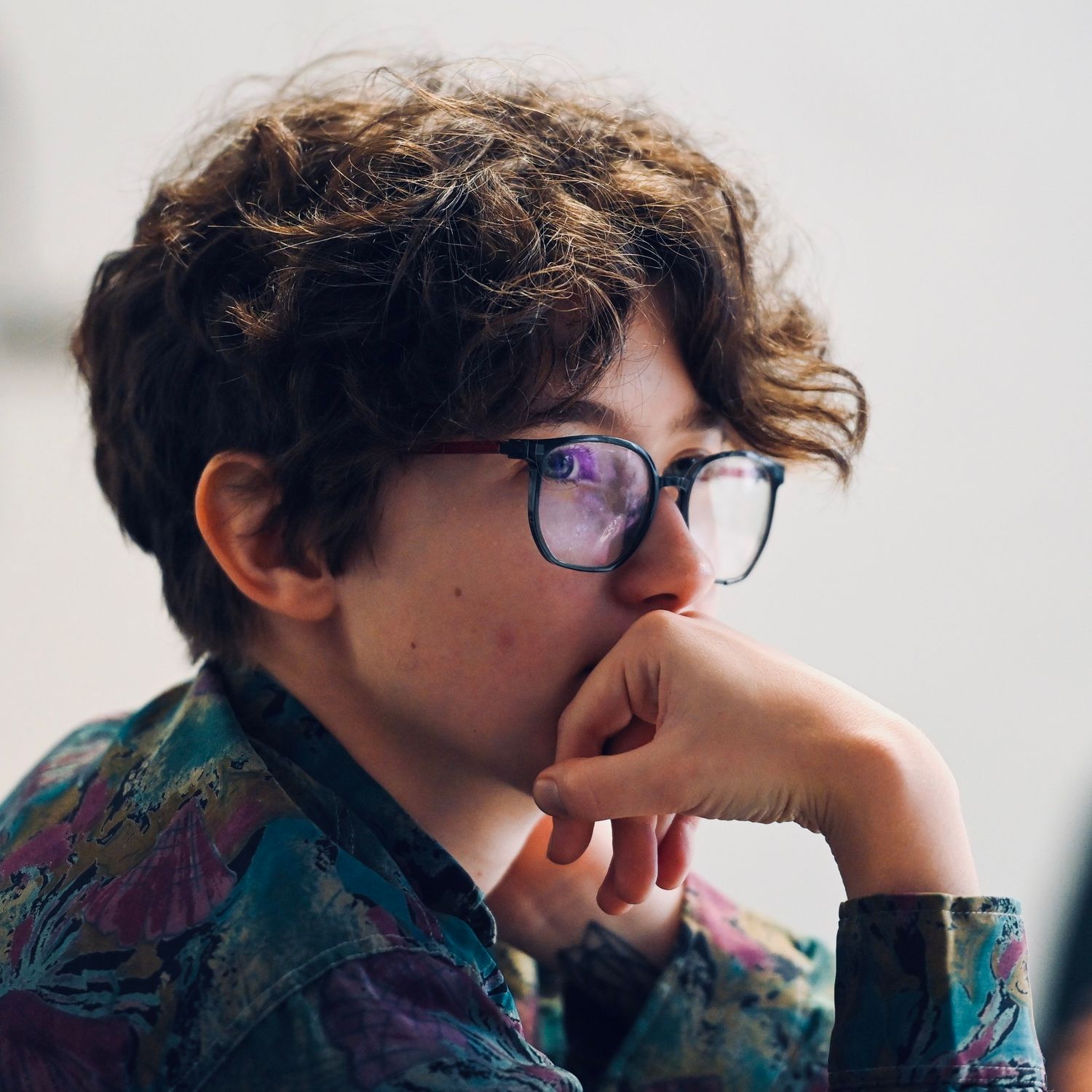Writing as Pleasure; Writing is Pleasure

Imagine all the different ways people think. Some see images in their minds, while others visualize their ideas as abstract concepts. I, for one, feel as if my head is cramped with words, sentences playfully chasing each other around my cortex and ever so slightly knocking on the inside of my cranium, asking me to let them out. So, I do. That’s why I write.
For as long as I can remember, I have struggled to pick a career. Not that I am unmotivated or lack interests—the problem is that I have so many. I have tried everything art-related, from traditional art and filmmaking to writing scripts and poetry. For a time, I believed I would become a successful animation director, but when that didn’t work out, my attention shifted back to writing.
In fact, writing turned out to be the only constant in my life. Looking back at my first year at university, I had just moved to a new city, didn’t have many friends, and felt massively unprepared for everything ahead. So, what is the first thing you do in times of distress? You go to see a film.
During this time, I watched at least four films each day, trying to catch up with both classic cinema and recent notable features. I had always been interested in film, inspired by my father’s huge collection of DVDs (most of them pirated—but shush, that was Bulgaria in the early 2000s!). After each marathon, I scribbled amateur reviews in my notebook as a hobby.
Back then, I adored the concept of AI. I thought it was a great plot device to explore human psychology and a plentiful source of existential horror. Blade Runner (United States, 1982), Her (United States, 2013), and Ex Machina (United Kingdom, 2014) were among my favorites. My Westworld posters have started to peel off, but they still hang on my wall nonetheless. And yet, AI was just fiction. For a while.
Four years later, I was a managing editor at one of my city’s leading cultural online magazines. That was the real start of my career as a critic. Now, when I reread my first serious attempts at criticism, I cringe just a little, but that’s okay—if you cannot see improvement in your skills, something is definitely wrong.
Eventually, my employer tried to convince me to rely on ChatGPT to write my articles instead of me—my job would only be to edit them. It was jarring. Suddenly, AI was a real threat to creativity.
Fast forward to 2024. After attending some international festival journalism workshops, I now freelance as a critic. Meanwhile, I published my first poetry collection and gently dipped my toes into the world of literature. I pay attention to the poetry in everything around me, including film. I approach criticism as an art form in its own right, requiring a distinctive writing style, an instinct for storytelling, and an eye for detail.
Can AI achieve this? Can it understand poetry or film? Certainly not, but I can no longer ignore its impact on art today. I genuinely believe that, if done with caution regarding potential ethical consequences (since AI is still very unreliable with copyrighted material), it could be a source of inspiration or a medium to realize a concept. At the same time, I struggle to understand the necessity of it. I create for the pleasure of the process, not merely to benefit from the final product.
Do we not create just for the pleasure of it?
I know I do.